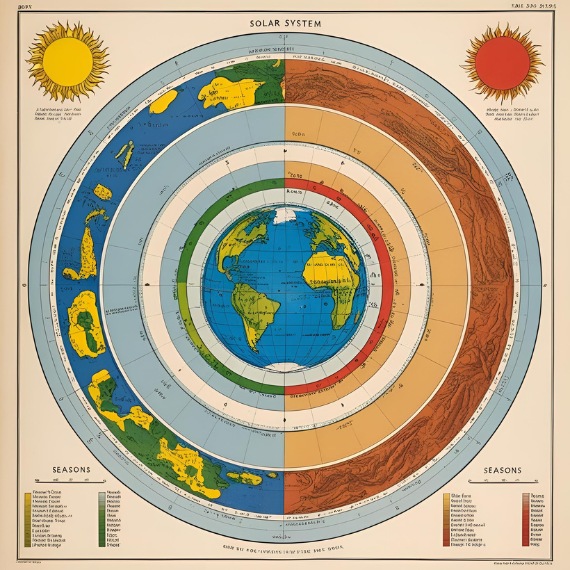Nuclear warfare between U.S. and Iran?
Throughout the history of the United States, American interactions with Iran have resulted in the troublesome relationship known today. Both the Trump administration and Hassan Rouhani—the Iranian president—have recently released various political discoveries and have accused one another of performing illicit acts, leading to an increased likelihood of a (potentially nuclear) escalation. This non-necessary action falls in the aftermath of U.S. assistance in the previous Iranian revolution (in which the U.S. proved to one of Iran’s most vital allies), the Trump administration’s reimposition of sanctions on Iran, the U.S. withdrawal from the Joint Comprehensive Plan of Action—an international agreement on the non-proliferation of nuclear weapons—Hassan Rouhani announcing Iran’s partial withdrawal from the nuclear accord, and Iran’s threats to take major steps toward acquiring weapon-grade materials (ultimately increasing the possibility of the nations in question participating in nuclear warfare). Soon after, pictures began to be discovered of boats containing missiles off the Persian coast.
Past interactions with nuclear warfare have shown only to be unnecessarily devastating and fatal. The U.S. is the only country to this day to have used this form of daring action in combat. Today’s tensions with Iran relate greatly with the WWII-era American-Japanese tensions, in which the U.S. had decided to drop nuclear bombs on two Japanese cities, Hiroshima and Nagasaki. In this event, the U.S. used its nuclear power advantages, and though these two cities were devastated, Japan soon after surrendered in the outcome, limiting the potential risks and significant loss of American lives. The possibility of the United States using nuclear weapons in the present era, however, should be minimized, given the developments which other nations (including Iran) have made in acquiring such technology. If the U.S. were to start/engage in nuclear warfare once more, a disastrous attack to the U.S. could result as a consequence of the buildup of nuclear weaponry in other nations, potentially leading to a third world war.
The various analyses and evidence which have surfaced as the United States mulls over the prospect of war with Iran show that the nuclear conflicts bear many negative outcomes—ones which can easily be circumvented by limiting any potential conflict to traditional battles. While the use of nuclear weapons may display some benefits over traditional warfare, such as a potential quick surrender (and subsequent saving of lives) in opposing nations, the negative aspects of such a notion greatly outweigh the positives. The utilization of nuclear arms in any conflict is almost guaranteed to provoke a retaliatory strike from the enemy (assuming a reciprocal possession of such weapons), leading to an unprecedented loss of lives, war-spurred technological advancements in the already devastating nuclear missiles, and the destruction of many natural resources and cultural landmarks (including the irradiation of vast swathes of land). Thus, as far as the current escalation of the Trump administration’s rhetoric against Iran, one can conclude that nuclear warfare is not in the best interests of either party of the provocation, and best be avoided at all costs.


My name is Cameron Valaitis. I was born on March 15, 2002 and am currently a junior at Greater Nanticoke Area. I have two brothers, along with three cats...












